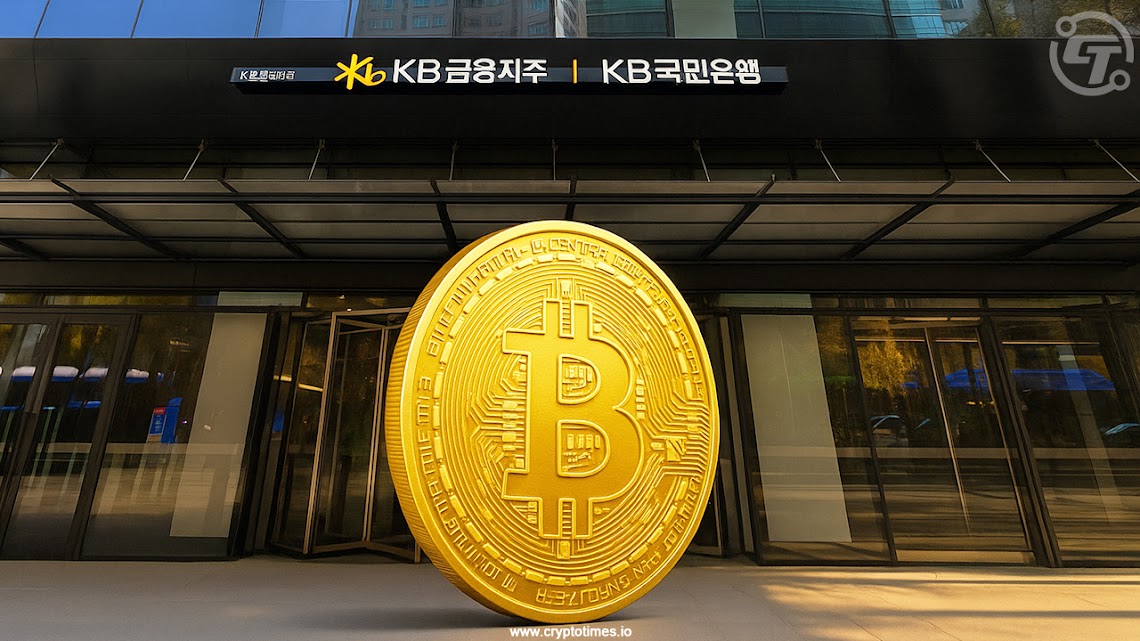South Korea’s largest banking institution, KB Kookmin Bank, has filed 17 trademark applications related to Stablecoins, a move towards the establishment of a national stablecoin consortium backed by the country’s leading financial institutions.
The filing submitted earlier this week to the Korea Intellectual Property Rights Information Services includes proposed ticker symbols such as KBKRW, KRWKB, KBST, and KRWST.
The trademarks cover product classifications involving software for virtual currency use and blockchain-based cryptocurrency transaction management.
A spokesperson for KB Kookmin confirmed to local media that the filings represent a proactive effort to secure digital currency identifiers, as the bank works alongside other financial institutions to establish a consortium aimed at launching Korean won-pegged stablecoins.
According to a report, KB is one of eight major South Korean banks preparing to form a joint venture dedicated to the issuance of stablecoins.
The participating banks include:
KB Kookmin BankShinhan BankWoori BankNongHyup BankIndustrial Bank of Korea (IBK)Suhyup BankCiti KoreaStandard Chartered Korea
These institutions are reportedly coordinating efforts with the Open Blockchain and Decentralized Identifier Association (OBDIA) and the Korea Financial Telecommunications and Clearings Institute (KFTC) — a nonprofit organization responsible for South Korea’s interbank payment infrastructure.
Expected launching date of the consortium is 2025 ending or beginning of 2026 in keeping with South Korea’s continuous stablecoin-related legislative initiatives.
The recent surge in activity follows political signals of support from the country’s newly elected president, Lee Jae Myung, who has pledged to promote and approve stablecoin initiatives in collaboration with the private sector.
At the beginning of the month, lawmaker Min Byeong-deok introduced a bill aimed at fast-tracking the approval of Korean won-based stablecoins. In one of the media conversations, Min focused on the importance of enabling private entities to issue stablecoins that could be actively utilized by various industries, including gaming, e-commerce, and content creation.
While the traditional banking industry plays a crucial role, South Korea seems to position itself as a regional leader in regulated digital currency innovation. As the stablecoin ecosystem continues to evolve.
